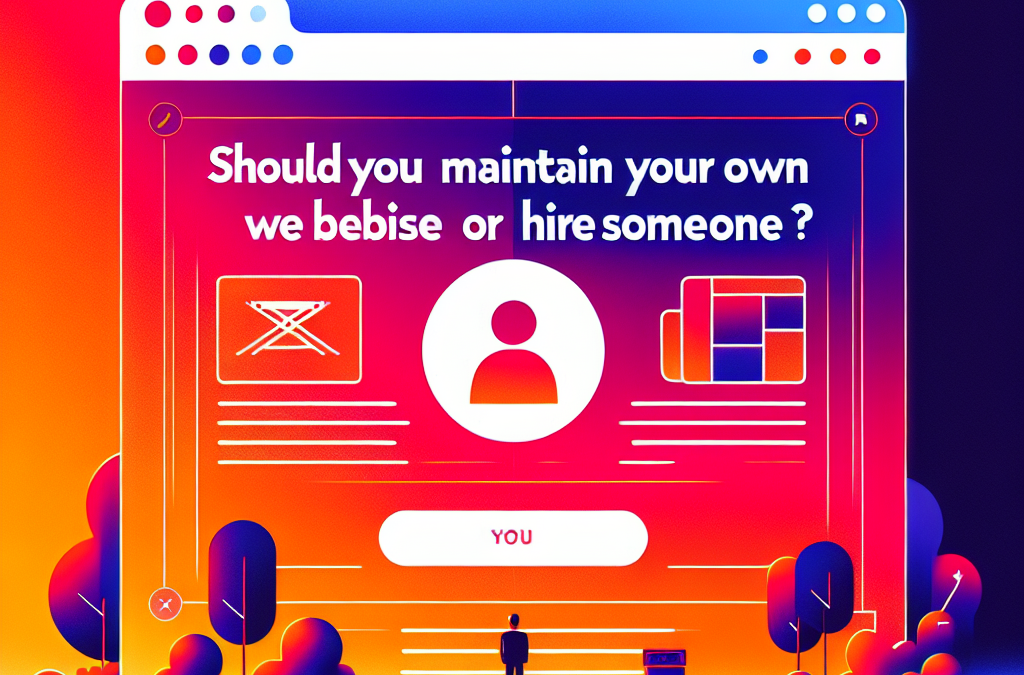[ad_1]
As small business owners in South Texas, you know the importance of having a strong online presence. Whether you’re selling handmade crafts, offering local services, or running a boutique store, a user-friendly and efficient online platform can help you reach your goals. Two of the most popular solutions out there are WooCommerce and Shopify. But which one is better for your small business? At Ericks Webs Design, we’re here to help you navigate these options.
Understanding WooCommerce and Shopify
What is WooCommerce?
WooCommerce is a flexible and open-source eCommerce plugin for WordPress. It transforms a simple WordPress site into a fully functional online store. Given its roots in WordPress, WooCommerce offers extensive customization and has a rich library of plugins.
Example: If you’re a local artisan in McAllen selling custom jewelry, WooCommerce allows you to create a beautiful product page that showcases your creations with detailed descriptions, high-quality images, and customer reviews.
What is Shopify?
Shopify is a standalone, subscription-based eCommerce platform that allows you to create an online store quickly and easily. It’s designed for all types of businesses, with a focus on ease of use and streamlined operations.
Example: Imagine you own a popular food truck in Harlingen. With Shopify, you can set up a simple online store to sell merchandise (like T-shirts) while managing inventory efficiently, even if you’re busy serving customers.
Key Differences Between WooCommerce and Shopify
1. Ease of Use
WooCommerce: It may have a steeper learning curve, especially if you’re not familiar with WordPress. Setting up a WooCommerce store involves installing WordPress, then the WooCommerce plugin, and configuring various settings.
Shopify: This platform is known for its user-friendly interface. Setting up an online store can take as little as a few hours, making it ideal for busy small business owners who may not have a lot of tech expertise.
Verdict: If you want a quick and easy setup, Shopify is the way to go. However, if you prefer flexibility and control, WooCommerce offers more options.
2. Customization
WooCommerce: Offers incredible flexibility and customization options. You can choose from thousands of plugins and themes to create a unique online store that reflects your brand. If you’re a coffee shop owner in Weslaco, for instance, you can integrate loyalty programs, manage bookings, and even setup subscription services through WooCommerce’s extensive ecosystem.
Shopify: While Shopify has a number of themes and apps, it’s more restrictive in terms of customization. If you want advanced features, you may need to rely on paid apps or higher-tier plans.
Verdict: If personalized branding and customization are important to you, WooCommerce will likely serve your needs better.
3. Pricing Structure
WooCommerce: As an open-source platform, WooCommerce itself is free to use, but you’ll incur costs for hosting, premium themes, and plugins. For small businesses with tight budgets, this can be a more affordable option, especially if you already have a WordPress site.
Shopify: Generally has a straightforward pricing model with monthly fees ranging from $39 to $299 depending on the features you need. While this provides ease of budgeting, it may feel on the higher end for those just starting out.
Verdict: If keeping costs low is a priority, WooCommerce may have the upper hand.
4. Support and Security
WooCommerce: The support comes from the WordPress community, which can be beneficial but might also be hit or miss. You would also need to handle security measures yourself, such as installing security plugins and ensuring software updates.
Shopify: Offers 24/7 customer support, making it easier for small business owners to resolve issues quickly. Additionally, Shopify handles security updates, so you don’t need to worry about data breaches.
Verdict: For peace of mind and reliable support, Shopify could be more suitable, especially for those who prefer not to manage technical difficulties.
Which One Should You Choose?
Ultimately, the choice between WooCommerce and Shopify comes down to your specific needs as a small business owner in South Texas. If you’re looking for a quick, easy-to-manage platform with reliable support, Shopify might be your best bet. However, if you want total control over customization and costs, WooCommerce could be the better option.
Conclusion: Get Started Today!
At Ericks Webs Design, we understand the unique challenges small businesses face in navigating the digital landscape. Whether you’re leaning towards WooCommerce or Shopify, we are here to guide you through the process.
Call to Action: Interested in improving your online presence? Contact us for a free consultation and let us help you choose the best platform for your needs. Let’s create a stunning website that showcases your brand and drives sales!
By focusing on the unique needs of South Texas small business owners, we’ve provided valuable insights into WooCommerce and Shopify to help you make an informed decision. Feel free to reach out to us at Ericks Webs Design for more personalized guidance!
[ad_2]
Business










